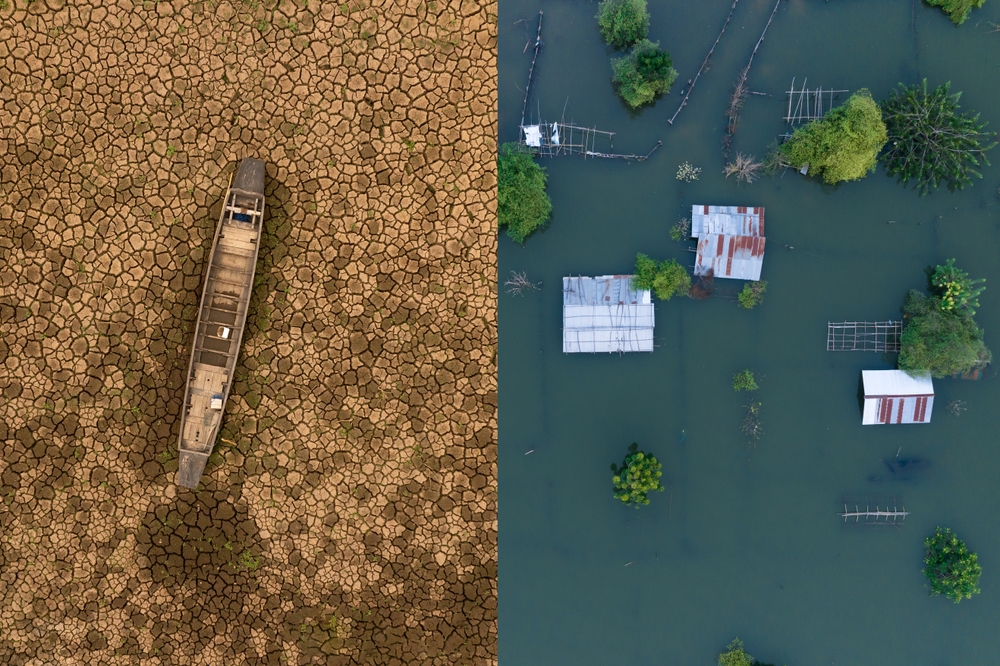The British government announced an initiative to create an “early warning system” for climate-related tipping points.
Others are reading now
The growing threat of climate change has prompted nations around the world to seek innovative solutions for mitigating its impacts.
From rising global temperatures to unpredictable weather patterns, the urgency to act has never been more apparent.
The UK is now taking a proactive approach, aiming to anticipate and respond to potential climate tipping points through cutting-edge technology and research, according to Digi24.
Also read
An Early Warning System
The British government has announced an ambitious £81 million initiative to create an advanced “early warning system” for climate-related tipping points.
The project will focus on two critical areas: the subpolar gyre (SPG) in the Atlantic Ocean and the Greenland ice sheet.
Both are considered key components of the Earth’s climate system, with the potential to trigger severe global disruptions if destabilized.
The SPG, a system of ocean currents vital for maintaining northern Europe’s temperate climate, is particularly at risk.
Its collapse could result in harsher winters, hotter summers, and widespread agricultural disruptions across the region.
The Greenland ice sheet, meanwhile, contributes significantly to sea-level rise as it melts.
Researchers warn that unchecked changes in these systems could set off cascading effects, leading to long-term environmental and societal crises.
To monitor these risks, the UK plans to deploy robotic sensors, likened to Pixar’s WALL-E, in the Atlantic Ocean and Arctic regions.
These devices will gather real-time data on ocean currents, temperature, and ice melt rates.
The initiative also includes developing advanced computer models to analyze this information, enabling scientists to identify early signs of catastrophic changes.
The program is spearheaded by the Advanced Research and Invention Agency (ARIA), an independent body established to pursue high-risk, high-reward research.
The agency was originally envisioned by Dominic Cummings, a former advisor to Prime Minister Boris Johnson, and aims to tackle challenges deemed too speculative for traditional funding.
Experts are optimistic about the potential of the early warning system.
Tim Lenton, a climate scientist at the University of Exeter, emphasized that timely alerts could help governments prepare for severe weather changes, safeguard agriculture, and bolster infrastructure resilience.


